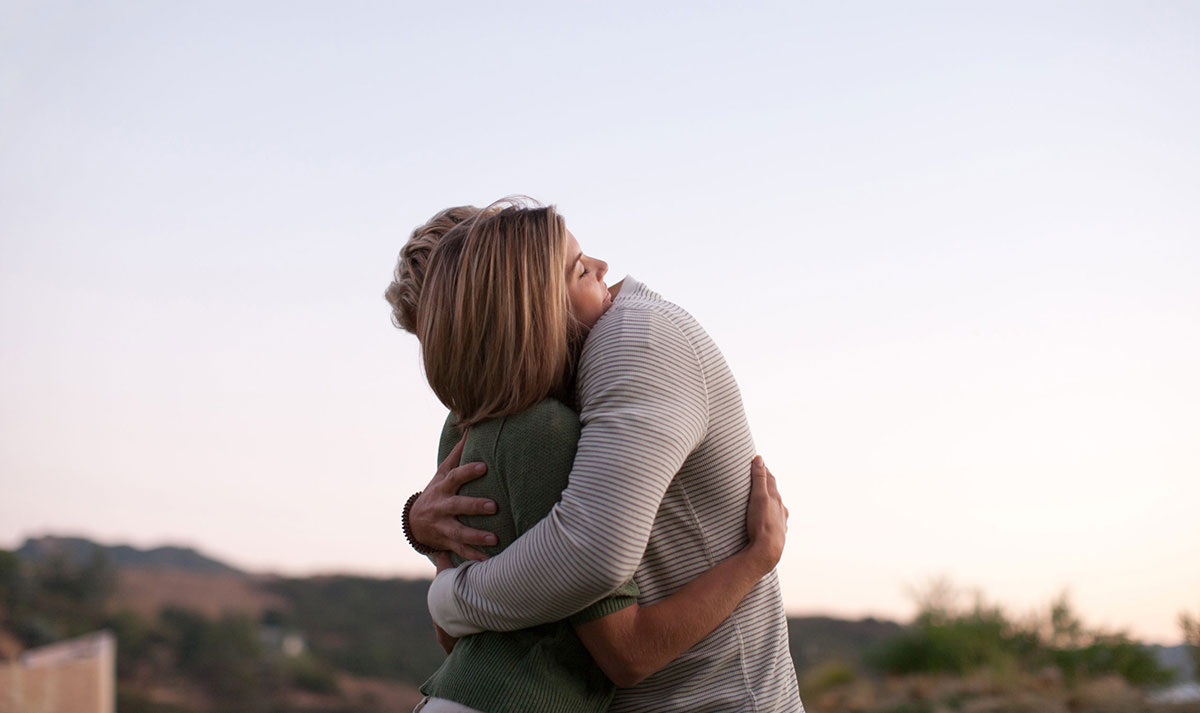When a close family member or loved one does pass away, will you know what to do? Most people would prefer to not think about this question. However, the shock of the moment can be overwhelming – even if the death was expected – so it is good to know about the things to do after a death.
With a bit of thought and planning, you can make this otherwise stressful time a bit easier to cope with.
What to Do After the Death
When a person dies, a doctor needs to issue a doctor’s certificate so the deceased can be transferred into the care of a funeral home.
Check if the deceased made arrangements with a funeral home and contact them directly to transfer the body. If a funeral was not prepared, you will need to quickly find a funeral home who can transfer the body straight away.
Most people die either at home, in a hospital or nursing home. Here are the things you need to do after a death happens in a:
Hospital or Nursing Home
When a loved one dies in a hospital or nursing home, you and any other next of kin will be quickly notified. The staff will know exactly what to do and guide you through the entire process.
Most hospitals have their own mortuary and will be able to hold the deceased until a funeral home can take the body. If the hospital is smaller or the death occurred in a nursing home, they may not have these facilities and you will need to arrange a funeral director quickly.
The Home
When a person dies at home, it is not always possible to have a health professional present at the scene, especially if the death was not expected. You should take the following steps based on the circumstances of the death:
- If the death was expected – The cause of death was most likely a known health issue. This means the deceased was most likely in contact with their regular GP who will know what to do. Contact the relevant practice and they will arrange a health professional to visit you and issue a doctor’s certificate.
- If the death was not expected – Call the police and have them take care of the situation. One thing you still need to do after the death is arrange a doctor to visit and issue a certificate.
Planning the Funeral
Once the deceased has been transferred into the care of a funeral home, you will need to consult a director. Your funeral director will be the primary point of contact and help you plan the funeral step-by-step.
If the deceased already made plans for the funeral, the director will take care of the arrangements, and advise you on what payments are to be made and what has already been paid.
If the deceased did not plan a funeral, you and your family will need to plan the funeral with help from the director. In this case, some of the things you will need to think of after the death of a loved one include:
- Where the funeral will take place?
- Who will attend the funeral?
- Will the deceased be buried or cremated?
- Choosing the right coffin, urn or casket
- Where will the final resting place be?
- Will there be pre or post-funeral events?
- How will the body be prepared?
- Arrangement of transport for family members
- Putting notices in the newspaper
Before you make any payments, find out if the deceased had any insurance policies. They may be able to cover the cost of the funeral and other expenses.
Registration of Death
All deaths in Australia must be registered with the Registry of Births, Deaths and Marriages in your relevant state or territory.
Your funeral director will take care of this and send you an official death certificate (not the one previously issued by the doctor). This will allow you to settle the estate; submit a claim on insurance, superannuation and funeral entitlements; and access the bank account of the deceased.
People and Organisations to Notify
One of the most important things to do after a death is notify the relevant government authorities. You will also need to notify the Department of Human Services, so they can update details about their Medicare, Centrelink or Child Care arrangements.
Other relevant people and organisations to notify include:
- Family members, friends and overseas relatives
- Banks and credit unions
- Australia Taxation Office
- Employers or staff
- Health professionals
- Landlords and tenants
- Executor of the Will
- Social clubs and leagues
- Local post office
- Superannuation fund
- Utility providers (i.e. gas, electricity, water and internet providers)
Taking Care of Yourself
In the midst of taking care of the deceased, it can be easy to forget to take time out for yourself. After the death of a loved, it is common to go through many stages of grief and experience loneliness, stress, and a feeling of helplessness.
There are many organisations you can reach out to for support including your local council, social workers, Beyond Blue and Lifeline. Your funeral home will also have their own bereavement service which will include over the phone support, one-on-one consultations, and group sessions for all family members.
If you have serious health concerns, talk to your local GP for advice and support.
For advice on things to do after the death of a loved one, Funerals of Compassion is available 24/7 on 1300 906 060.


